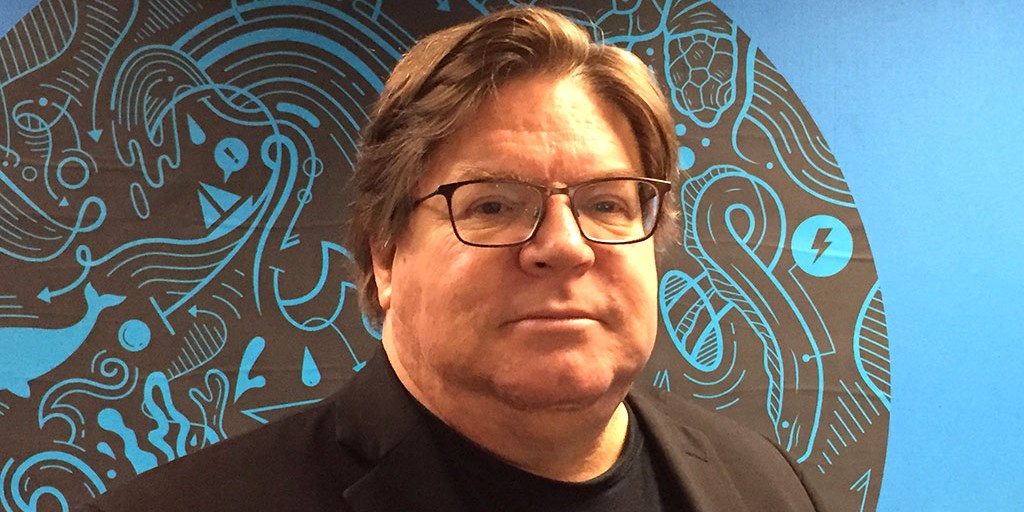When a deal isn’t going his way, Charles Stack isn’t afraid to bluff.
“Being able to portray that ‘I don’t care how this comes out’ is a great strategy when you’re doing a deal because it results in the person with whom you’re dealing having to face uncertainty and stress about where you’re coming from,” says Stack, whose confident approach helped him sell his Flashline web services company to BEA Systems for $50 million.
San Jose-based BEA offered to buy Flashline in 2006, but on the condition that Stack would relocate to California. So the serial entrepreneur used the same bluff he’d used selling a previous company.
“Both times, I said no without leaving much room for discussion,” recalls Stack, who now runs Flashstarts, a startup accelerator and micro-venture fund for Cleveland companies. “Both times the acquiring company acquiesced, and both times they came back after a few months and said, ‘We’re really glad we let you keep the company in Cleveland.’” Oracle later bought BEA for $8.5 billion.
Stack talked with Smart Business Dealmakers about the role of confidence in dealmaking and how changemakers can use it to spark investment in Cleveland.
Have a winner’s mentality
If you’re an entrepreneur, you’re selling to every single person you meet. You’re selling to potential employees as to why they should come and work for you. You’re selling to your spouse as to why he or she should even let you do this for a living. And sometimes, you’re even selling to yourself as to why you should continue doing it. You’re selling to employees, to interns that work for you, to sales prospects, to potential investors and ultimately, if you’re on an exit path, you’re selling to an acquirer. At one level, most of what you do as a CEO is selling one way or the other.
You’re not asking for money. You’re not a charity. You are giving the investor an opportunity to make money. If you don’t believe that, you should shut your door and go home because that means you don’t believe in your company. I see a lot of entrepreneurs reluctant to ask for money because they feel like it’s a gift and an obligation. But it’s not. I’m giving you as an investor the opportunity to make money with my company.
You live in your space — and if you’re any good, you obsess about it. But when you’re talking to a potential investor, they live in the normal world. What you need to do is ground them in your space before you talk about anything. The brain has little compartments, and if you’re going to tell me about what your business does, you first have to help me find what compartment in my brain you want to locate. Most entrepreneurs when they start an investment pitch, they start way too low.
I outsource all my anxiety. I would have people that work for me and they would think that their primary job was to handle all the anxiety because I clearly am not bothered by it. I don’t think that’s entirely true, but I give the appearance that it’s true. It’s an entrepreneurial prerequisite to be comfortable with massive amounts of uncertainty, a thread that has gone through all the different enterprises I’ve worked with or launched.
Change the conversation
We have a lot of large corporations here — very few of them have been able to perceive the advantage of rubbing elbows with startups to get some of the magic innovation dust that they all need. In other cities, you see it all the time. There are startup accelerators in other cities that are strictly funded by corporations so they can rub the magic startup dust, the innovation magic from other companies. That’s almost nonexistent in Cleveland. Without being too critical, that’s one of the reasons big corporations in Cleveland have been less innovative than in other regions of the world.
According to WealthEngine, there are 24,000 millionaires or accredited investors in Northeast Ohio. So one misconception is that there's not a lot of capital in our region. Our challenge as a region is to convince a lot of this older wealth that there is significant value in alternative investments like startups.
Early-stage investing is still predominantly local. Later-stage investing spans much broader geographies, and for quality companies, represents a very minimal hurdle. Successful local companies, including several from the Flashstarts portfolio, have enjoyed success raising later-stage capital from outside the region. But for our region to continue our positive economic development trend, we need to unleash the previously risk-averse capital and generate 10 times as many early-stage startups as we have so far.
The Last Word
There's an urgency and a willingness to make truly impactful change in Cleveland. That window is not going to stay open very long. Those of us that desire change want to help our community rise up from the very bottom of most listings. Like right now, we’re last in job creation. That’s bad. There is an opportunity to change the equation in an impactful way. What a lot of people propose now is to take the best ideas from other regions. That’s not a bad idea. But we really need to leap ahead of the game so people are coming here and saying, ‘Look at what Cleveland did, let’s emulate that.’
Related post: A look at the right way and the wrong way to entice a potential investor




